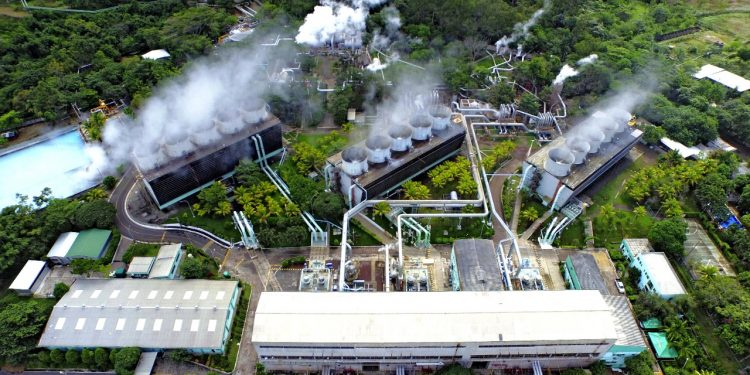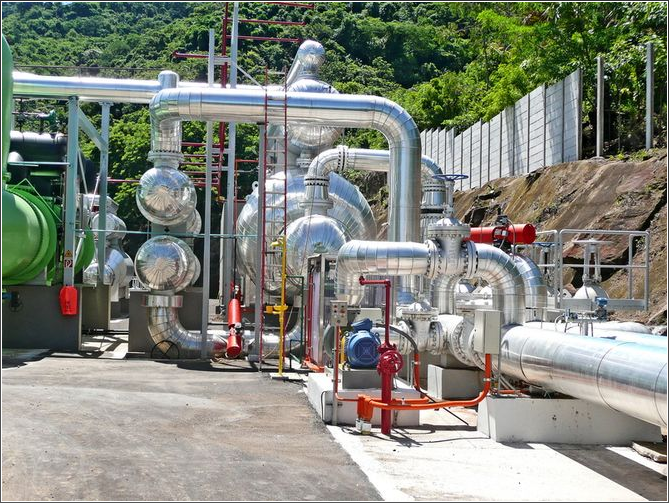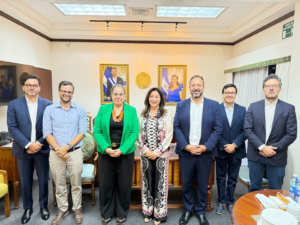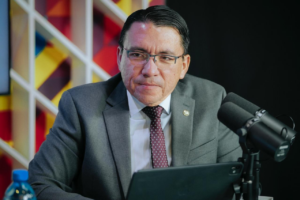The World Bank approved a $150 million loan for the development of geothermal energy in El Salvador, enabling the construction of a new 25 megawatt (MW) plant in Chinameca, San Miguel. The project will be executed by LaGeo, a subsidiary of Comisión Ejecutiva Hidroeléctrica del Río Lempa (CEL), and has a six-year term with a 30-year maturity.

Courtesy
The new geothermal plant will not only contribute to the country’s energy system, but will also allow for a possible expansion up to 40 MW. In addition, it will include social and environmental programs to benefit nearby communities, promoting sustainable and inclusive development in the region.
Daniel Álvarez, president of CEL, emphasized that this project will strengthen the salvadoran energy system, while Carine Clert, country manager for El Salvador and Costa Rica at the World Bank, highlighted its impact on reducing emissions and generating green jobs.

In addition to power generation, community projects will be promoted to take advantage of the plant’s residual heat in processes such as food drying and processing. The construction of the plant will generate employment opportunities for residents, contributing to local economic development.
However, a World Bank assessment warned of the potential risk to cultural heritage in the Chinameca area due to the possible presence of pre-Hispanic material in the construction area.

El Salvador pioneered geothermal energy in Latin America, but its development has been limited to two plants operated by LaGeo in Berlín and Ahuachapán. Currently, geothermal energy represents 6.8% of the country’s installed capacity, with 209.40 MW of the more than 3,040.7 MW total, according to the Superintendencia General de Electricidad y Telecomunicaciones (Siget).
You may also be interested in







